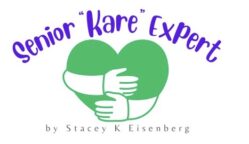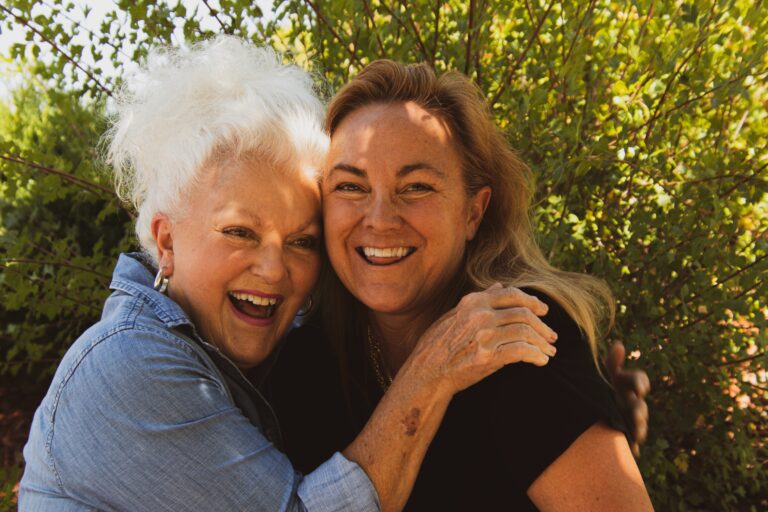Let’s look at this common example: Margaret was sharp as a pin at 75. A few years later her life looks quite different. Her kitchen table once hosted many family dinners and card games, has now turned into a confusing display of pill bottles and charts. Margaret, like many seniors, is taking a bunch of different medications. She might face the daily challenge of “which pill is which”, “did I take this one already”, or “did I drop one?” This is a common scenario in many households for seniors and their caregivers.
The Importance of Medication Management
When we talk about medication management for seniors, we’re looking at much more than just the simple task of taking pills at the right time and creating routines. It’s a complex, critical process that plays an important role in the overall health and well-being of older adults.
Firstly, as our bodies age, they process medications differently. This means the effects – both therapeutic and harmful – can be more pronounced in seniors. Managing medications properly ensures that the benefits of the medications are realized while minimizing the potential for harmful side effects or serious interactions. Sadly, too many seniors and their families don’t advocate for their doctors to review their medications regularly.
According to a study published in the Journal of the American Medical Association, somewhere between 10% and 30% of hospitalizations in seniors are due to medication-related issues. While this statistic is shocking it should not be surprising, considering that seniors often have multiple health conditions requiring various medications. The greater amount of medications increases the risk of errors. That includes taking the wrong dose, missing doses, or incorrect timing, all of which can lead to serious complications.
Medication mismanagement can make existing health conditions worse or even create new health issues. For example, if a senior mismanages their heart medication it can lead to either uncontrolled blood pressure or dangerous drops in blood pressure, both of which can land them in the hospital.
Medication mismanagement can lead to a decline in health, increased discomfort or pain, and a loss of independence. To ensure the benefits of taking their medications we want to enable a proper medication regimen.
We must also understand that medication management goes beyond just the medications that they are prescribed. We must take into account the over-the-counter medications (like pain relievers), vitamins & supplements, and even certain foods that could possibly interact with their prescriptions (like grapefruit and cholesterol lowering medications). The range of potential interactions underscores the importance of a well planned management strategy.
Seniors with a dementia diagnosis introduces additional challenges in medication management. Cognitive decline can significantly affect a senior’s ability to manage their medications effectively. Memory Issues can lead to forgetting to take pills or accidentally taking them multiple times. Dementia can impair understanding and judgment, making it challenging for seniors to comprehend the importance of why certain prescriptions were given. This might result in non-compliance or resistance to taking medications. As dementia progresses, the risk of incorrect medication use increases, leading to potential overdoses or dangerous drug interactions.
Dos and Don’ts: Best Practices in Medication Management
When it comes to medication management, particularly for seniors, understanding the dos and don’ts is critical. This knowledge ensures the safe and effective use of medications, thereby preventing potential complications and enhancing overall health outcomes.
Dos:
Keep up to Date on Each Prescription :
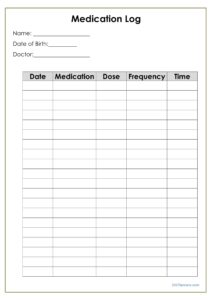 Understand the why behind every prescription: Know what each medication is for – is it for blood pressure, heart health, diabetes, or something else? Understanding this helps in recognizing its importance and the consequences of missing doses.
Understand the why behind every prescription: Know what each medication is for – is it for blood pressure, heart health, diabetes, or something else? Understanding this helps in recognizing its importance and the consequences of missing doses.
Keep a log of all medications: It ensures accuracy and safety in medication administration, allowing for effective tracking of dosages, side effects, and potential drug interactions. This log is particularly vital in scenarios involving multiple doctors, as it becomes a one spot, accurate record of all medications, facilitating clear communication and coordinated care. It also aids in emergency situations, ensuring that medical personnel have immediate access to critical information about the senior’s medication history, enhancing the overall quality of healthcare received.
Be Aware of Side Effects: Familiarize yourself with potential side effects. This keeps you vigilant in identifying any adverse reactions early.
Know Drug Interactions: It’s vital to be aware of how different medications interact with each other. Some drugs can reduce the effectiveness of others, while some combinations can lead to severe side effects.
Keep an Updated Medication List:
Comprehensive Listing: This list should include all prescription medications, over-the-counter drugs, and any supplements being taken.
Regular Review and Updates: Regularly review this list with healthcare providers. This is especially important when new medications are prescribed or when changes in health status occur.
Emergency Use: Keep a copy handy for emergencies. This list can be invaluable in situations where you are unable to communicate the senior’s medication history.
Don’ts:
Never Skip Doses or Overmedicate:
Follow Prescribed Dosages: Skipping doses can lead to the medication not working as effectively, while doubling up can increase the risk of side effects.
Consult on Missed Doses: If you miss a dose, it’s important to get advice from a healthcare provider on what to do next. Don’t make assumptions about whether to skip it or to take a double dose next time.
Avoid Self-Medication:
Risks of Over-the-Counter Drugs and Supplements: Adding these to your regimen without a doctor’s approval can be risky. Some can interact with prescription medications, potentially causing harmful effects.
Consult Before Adding New Medications: Always consult with a healthcare provider before starting any new over-the-counter drug, herbal supplement, or vitamin to ensure it’s safe and won’t interfere with your current medications.
Adhering to these dos and don’ts in medication management is not just about following a set of rules; it’s about taking an active role in your own health care. By staying informed and vigilant, seniors can effectively manage their medications, reducing risks and enhancing their overall well-being.
Tools of the Trade: From Simple to Smart
Pill Organizers:
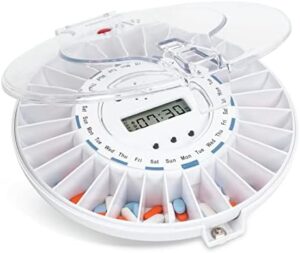 Basic Pillboxes: These are divided into compartments labeled with days of the week and sometimes even times of the day. They’re straightforward and affordable. For a visual sample, see Walgreens’ 7-Day Pill Organizer.
Basic Pillboxes: These are divided into compartments labeled with days of the week and sometimes even times of the day. They’re straightforward and affordable. For a visual sample, see Walgreens’ 7-Day Pill Organizer.
Electronic Dispensers: More advanced versions like the Med-E-Lert Automatic Pill Dispenser or Live Fine Medication Dispenser have alarms and can be programmed to dispense medications at specific times, reducing the risk of missed or double doses.
Medication Apps:
Medisafe: This is a user-friendly app that provides medication reminders, drug interaction warnings, and tracks medication schedules.
Advanced Tools: Embracing Technology
Smart Dispensers:
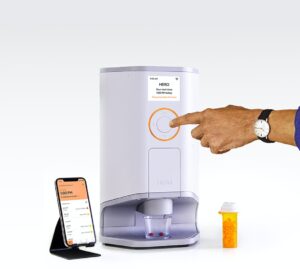 Hero Health: Offers a smart, automated system that simplifies managing multiple medications. It’s an automated dispenser that accurately dispenses each dose at preset times, ensuring correct medication adherence. HeroHealth also provides essential real-time alerts and reminders, particularly useful if a dose is missed, alerting both the senior and their caregivers. Designed to be senior-friendly, it’s intuitive enough to avoid technological challenges. With an accompanying app, caregivers or family members can remotely manage the medication schedule, an invaluable feature for those providing care from a distance.You can learn more at https://herohealth.com.
Hero Health: Offers a smart, automated system that simplifies managing multiple medications. It’s an automated dispenser that accurately dispenses each dose at preset times, ensuring correct medication adherence. HeroHealth also provides essential real-time alerts and reminders, particularly useful if a dose is missed, alerting both the senior and their caregivers. Designed to be senior-friendly, it’s intuitive enough to avoid technological challenges. With an accompanying app, caregivers or family members can remotely manage the medication schedule, an invaluable feature for those providing care from a distance.You can learn more at https://herohealth.com.
Philips Medication Dispensing Service: This is a sophisticated system designed to simplify complex medication regimens. It dispenses the right dose at the right time and alerts caregivers if a dose is missed. More information can be found on the Philips website.
Voice-Activated Reminders:
Amazon’s Alexa: This technology can be set up to provide voice-activated medication reminders. Seniors can simply ask Alexa to remind them when it’s time to take their medication. You can even program Alexa to say: “Hi Margaret, today is Monday and it’s time to take your morning/evening medicine.”
Each of these tools offers unique advantages, from the simplicity and affordability of traditional pill organizers to the high-tech features of smart dispensers and voice-activated assistants. They can significantly enhance medication compliance and safety, making them invaluable assets in senior medication management.
What To Do About Leftover Pills
Dealing with leftover or expired medications is often overlooked. These medications can be a safety risk, not only to the seniors, their pets but also to others who may accidentally or intentionally misuse them. The FDA provides guidelines on how to get rid of these medications safely.
DEA-Authorized Take Back Collectors: For most medications, the FDA advises taking them to DEA-authorized take back collectors. These authorized sites safely and securely collect and dispose of prescriptions containing controlled substances and other medicines.
Flushing Certain Medications: The FDA recommends flushing down the toilet for certain medications, particularly those that could be especially harmful or fatal if taken by someone other than the person for whom they were prescribed. This list includes specific opioids and other potent medications.
Compliance Challenges: Special Considerations
When it comes to seniors with dementia or cognitive impairments, managing medications requires a tailored approach to ensure safety and adherence.
Clear and Simple Instructions:
- Use straightforward language and visual aids to explain when and how medications should be taken. This can include large-print labels or color-coded systems.
- Consider creating a chart or calendar that visually represents the medication schedule.
Routine is Key:
- Establishing a consistent routine for taking medications can help in forming habits, which is particularly beneficial for those with memory issues. Taking medications at the same time and place each day can aid in this process.
Involvement of Caregivers:
- In cases of advanced dementia or severe memory problems, caregivers play an essential role in medication management.
- Caregivers can assist by providing reminders, and monitoring for side effects or changes in health status.
- It’s important for caregivers to stay updated on any changes in medication regimens.
The Power of Knowledge and Routine
Managing medications effectively can initially seem overwhelming, but with the right tools, knowledge, and a consistent routine, it does not need to be an overwhelming part of a senior’s daily life. So, to Margaret and all the seniors navigating this journey, here’s to a future filled with the confidence and peace of mind that comes from mastering your medication management program.
📸 Photo by Tima Miroshnichenko.
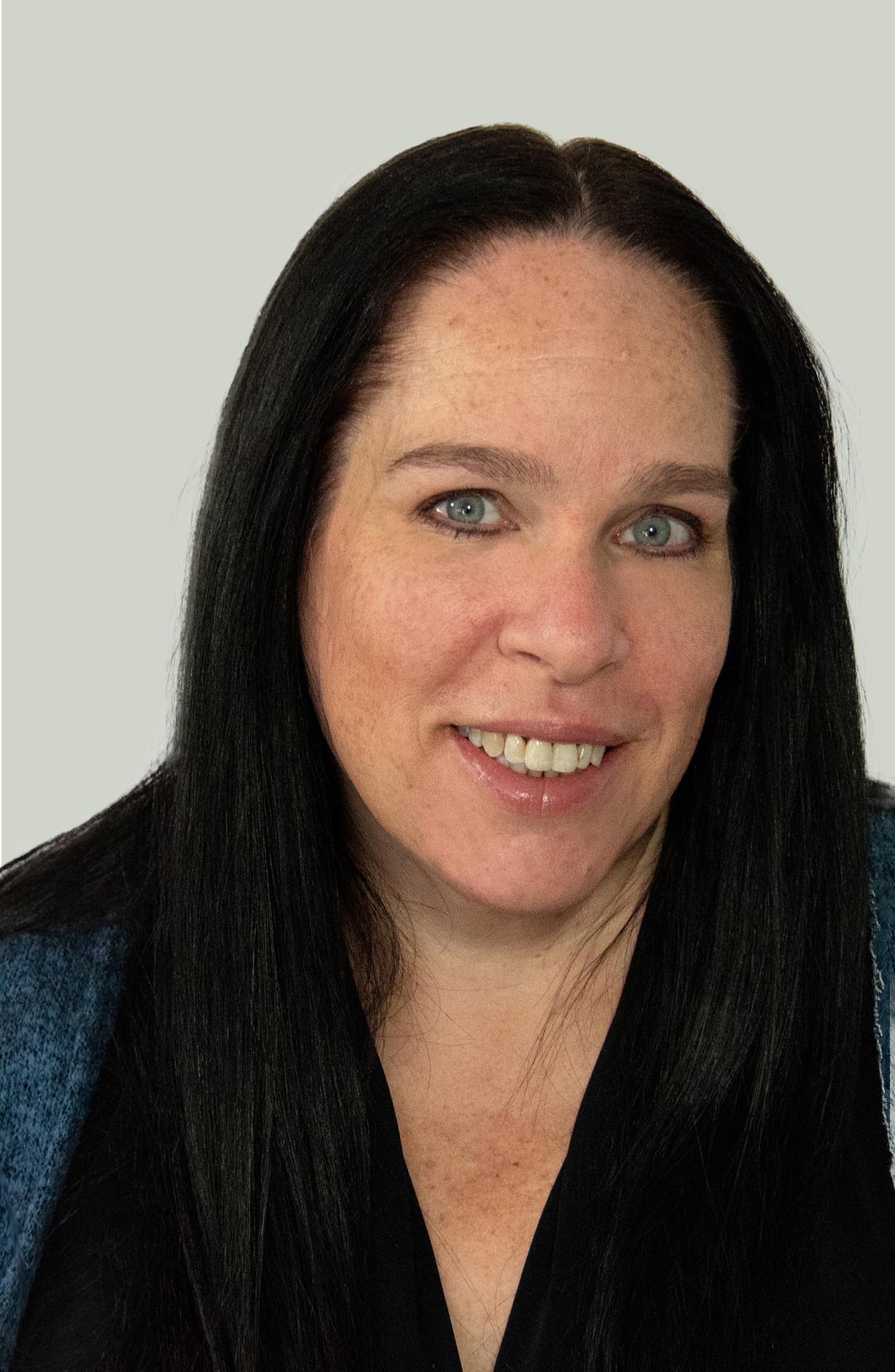
From a young age, Stacey’s link to the senior care industry grew alongside her mother’s work at a nursing home, where she often accompanied her. By her early teens, she secured her first official job at a nursing home, laying the foundation for a profound journey in senior care spanning over four decades. Her roles varied from opening assisted living and memory care residences to working in nursing homes and independent senior living communities. As the former Director of Fun for 300 independent seniors, she expertly organized daily events and trips. Stacey’s unwavering passion, nurtured by her family, and professional dedication as a recreation therapist, reflect her deep commitment to preserving the dignity and well-being of seniors.
Stacey’s senior care expertise has been recognized by the media including U.S. News and World Report and Care.com.
Stacey and her husband Bryan are the owners of the senior in-home care agency A Place At Home – North Austin.
